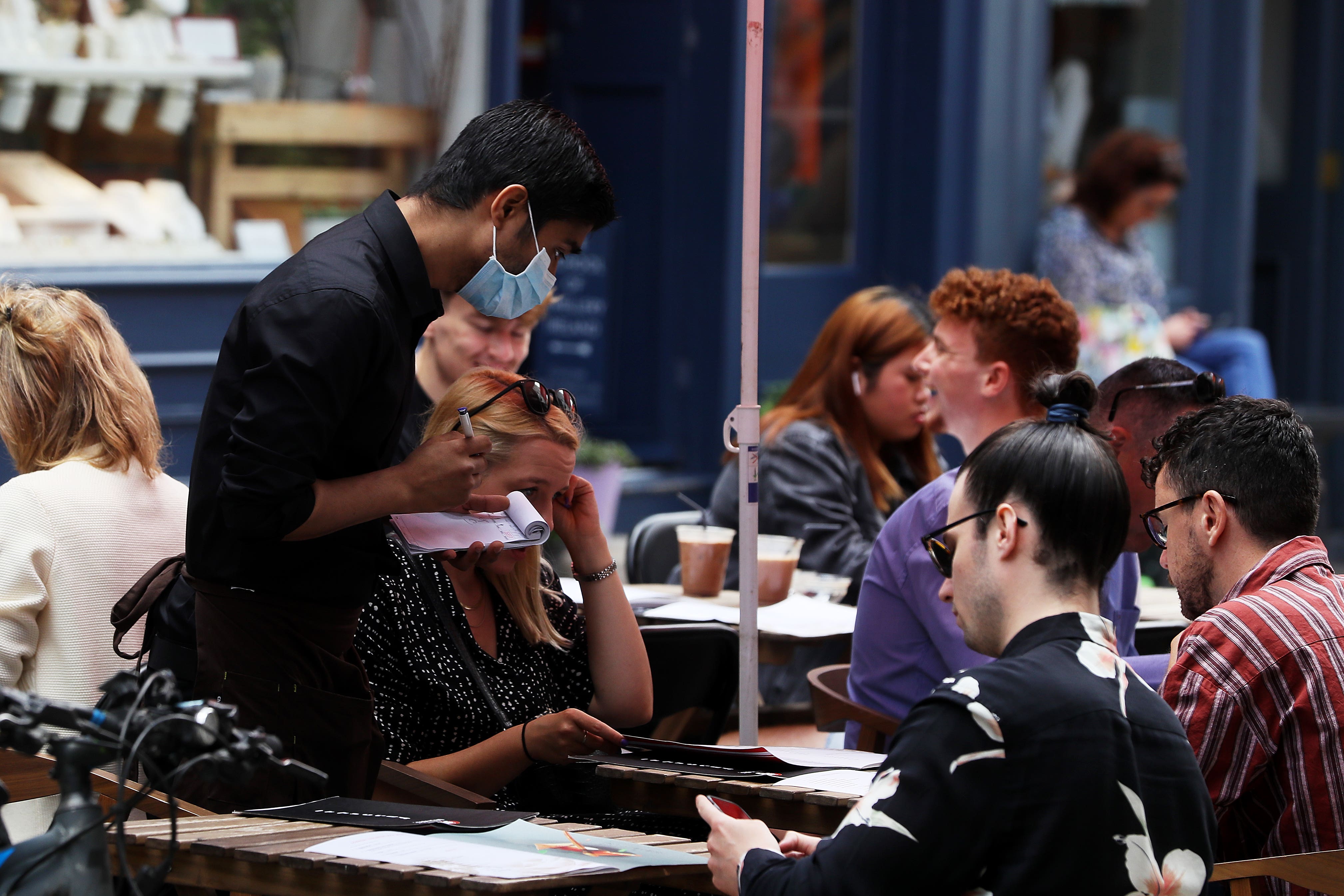UK service sector shrinks for first time since February 2021
The S&P Global/CIPS UK services PMI survey showed a reading of 48.8 in October, down from 50 in the previous month.

The UK’s service sector shrank last month for the first time since February last year as businesses said they were hit by higher borrowing costs following the fallout from the mini-budget.
The S&P Global/CIPS UK services PMI survey showed a reading of 48.8 in October, down from 50 in the previous month.
Any reading above 50 is considered growth, below that means the sector is shrinking.
It was ahead of the expectations of economists, who had predicted a 47.5 reading, but the lowest reading since January 2021.
Tim Moore, economics director at S&P Global Market Intelligence, said: “UK service providers reported the steepest drop in business activity for 21 months in October as household spending cutbacks and shrinking business investment combined to dent new order volumes.
“A number of firms noted that political uncertainty and rising borrowing costs since the mini-budget had led to greater risk aversion among clients and a wait-and-see approach to new projects.
“There were also many reports that higher energy bills had led to reduced spending on non-essential services.”
The data for October showed that business volumes decreased for the second consecutive month and declined at the fastest rate since the start of last year.
It came amid a steep downturn in spending as rising inflation and higher borrowing costs impacted demand, according to surveyed businesses.
The research also showed that new work from abroad also fell for the second month running and at an accelerating pace.
Business optimism across the sector also decreased significantly to the weakest since the onset of the Covid-19 pandemic in April 2020.
Dr John Glen, chief economist at CIPS (Chartered Institute of Procurement and Supply), said: “As the country braces for recession, the gloomy evidence presented by the PMI data shows services providers are feeling the pressure.
“Confidence for trading in the next 12 months was one of the most despondent since December 2008, with the exception of the lows felt during the pandemic, as firms wondered if there was any sustainable growth on the horizon at all.”
Meanwhile, the report said that employment remained a “relatively bright spot” in October as staffing levels improved for the twentieth consecutive month.